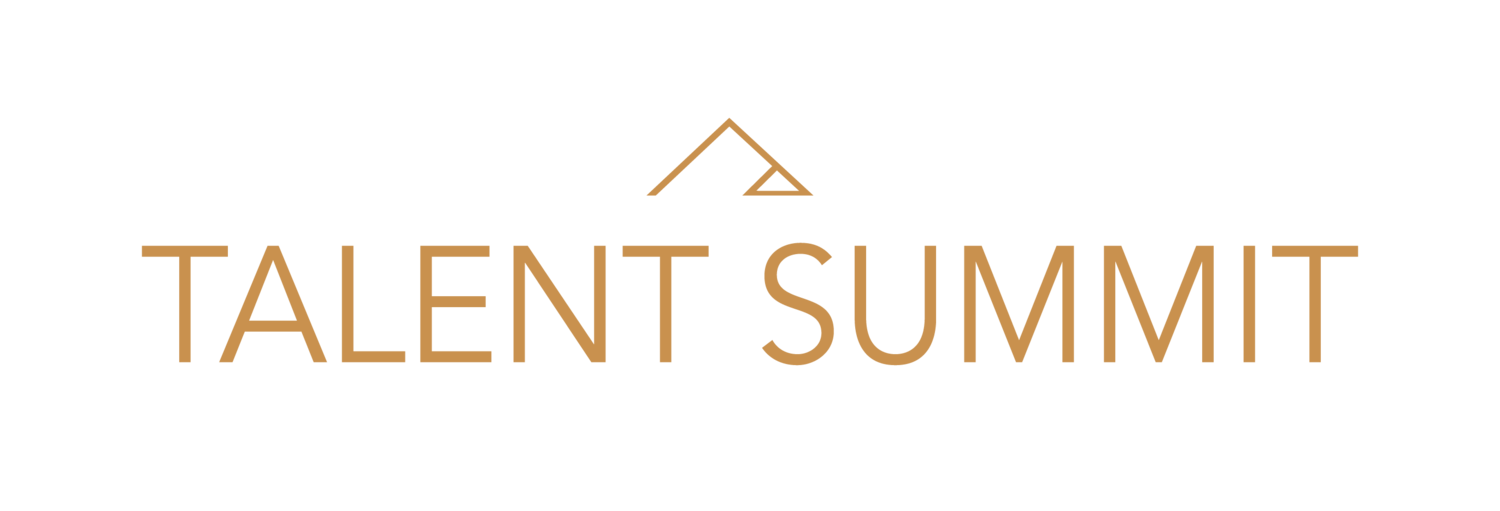Everything changed, except humanity
Ian McClean, Flow Group
The period of the last 30 years, which coincides with my career in leadership and organisation development, represents the most change society has ever endured since the evolution to homo sapiens over 300,000 years ago. No longer do we use maps, remember phone numbers, use cassettes or CDs, walk loved ones to the airport gate, pay by cheque, look stuff up in books or leave work at work. Fuelled by the twin engines of exponential technology and the democratisation of knowledge, almost everything about our external world has changed. The one thing that hasn’t changed, however, is our basic humanity. People were human in the 1990s, and they are still human today.
The old Facebook mantra of “Move Fast and Break Things” has become a chilling reality, even if not in the way that was meant. The impact of this unprecedented change can be summarised in the undermining of certainty in practically every dimension of life – political, economic, environmental, ideological, spiritual, ecological. It is no coincidence that the erosion of mental health has risen to become such a dominant issue given that mental well-being is so profoundly affected by the experience of uncertainty.
The direct implications for people that I see most visibly in the workforce today include :
Always “On”, never switching off
Sense of overwhelm, lack of control
Time poor
Feeling isolated
Searching for meaning
Needless to say stress levels are at an all-time high, but it naturally follows that a traumatised world produces a traumatised workforce.
So what does all this mean for leadership in the 2020s?
The irony here is that leaders – as humans – suffer equally from all the above symptoms the modern world has thrust upon them. Now, more than ever, the best leaders are those who can continue to be at their best at moments when things are at their worst. Those who can hold the course, or adapt the course, even when it’s not clear where the destination is. Perhaps Keats described it best “When a man (or woman) is capable of being, in uncertainties, mysteries and doubts”. Therefore, the most important role of the leader today is to create or maintain connection with their people. CEO should be re-interpreted as Chief Energy Officer or be re-labelled entirely to CCO - Chief Connection Officer. The two things I’ve observed leaders continually underestimate is:
a) their impact on others, and
b) the necessity to continually communicate.
As a leader, even when you think you are not impacting others, you are impacting others (mostly non-verbally). And even when you think you have communicated (enough), it’s still not enough. A leader’s impact happens through the energy the leader brings and leaders typically divide into one of two categories : a) The Radiator (lights up a room when they walk into it) or b) The Drain (…lights up a room when they walk out of it!)
A leader’s impact, by the way, has little to do with their intention - which is usually good – but nobody measures a leader on intentions, only impact. Nobody, except themselves that is. In order to become a better leader in this VUCA (Volatile, Uncertain, Complex, Ambiguous) 21st century world, the key is to build better connection through the energy we bring to our people. As I mentioned earlier, everything has changed except our humanity, and by simply returning to basics and caring for the most core enduring human needs we won’t go far wrong. So, to conclude, here’s one route map (to connection) you won’t find on Google Maps: P eople need:
To be recognised for their contribution, know they are doing a good job and their work has meaning.
To feel empowered and free to choose their own work and make decisions
To be treated fairly
To know what’s going on
To feel connected to others and part of something bigger
That’s the simplified role of a leader today. Simple, but not easy.

